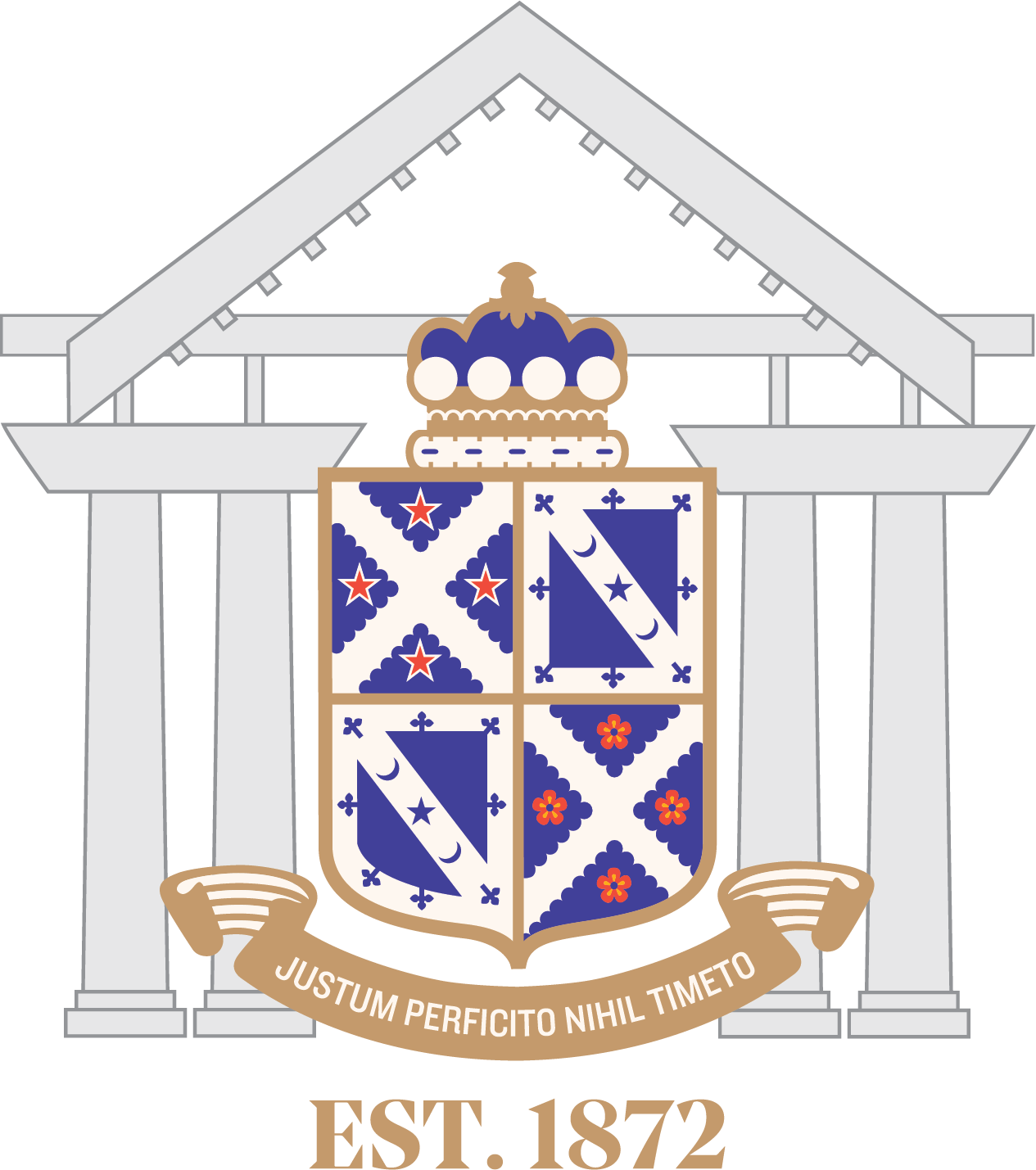Develop strategies and tools for navigating an online environment ethically.
Digital Literacy
Tips for searching
Keywords
- Select important words in your questions
- Brainstorm other words that mean the same thing
- Check your spelling!
- Use speech marks to group words together, e.g. “match fixing”
- Use + before very important words, e.g. “match fixing” +cricket
- Use advanced search options to narrow your search. Refine your search by date, country, language, or other criteria.
- Use wild card to search for all spellings/endings of a word, e.g. gambl* will find gamble, gambler, gambling
- Be as specific as possible eg Labrador rather than Dogs
Example: What percentage of Australia’s electricity comes from wind power?
Keywords might be: wind, power, Australia, electricity
Searching the webpage – use Ctrl+F
- Once you’ve found a webpage that looks useful, use the Search window on the
webpage, or press CTRL+F to open the FIND box.
Type the word or phrase you are looking for and then press ENTER.
Click the Highlight All Matches button to show or hide all matches on the page.
To filter the matches, press Options, and then click one or both of the following:
-Match Whole Word Only.
-Match Case.
Click Next or Previous to move from one matched word or phrase to another
Set a time limit for your search then change tactics/ try a different search engine
- https://nz.yahoo.com
- www.ask.com
- www.duckduckgo
- www.bing.com
- www.dogpile.com
- http://search.carrot2.org
- https://scholar.google.co.nz
Domain Names
- .com or .co.nz ⇒ generally used by businesses – they want to sell stuff!
- .org ⇒ used for non-profit organisations – may come with a bias for their cause
- .edu ⇒ used by universities and institutes of higher learning – check what the institute is, may also have a bias towards certain issues
- .gov or .govt ⇒ used for government sites – purpose & point of view need to be established, is it propaganda?
